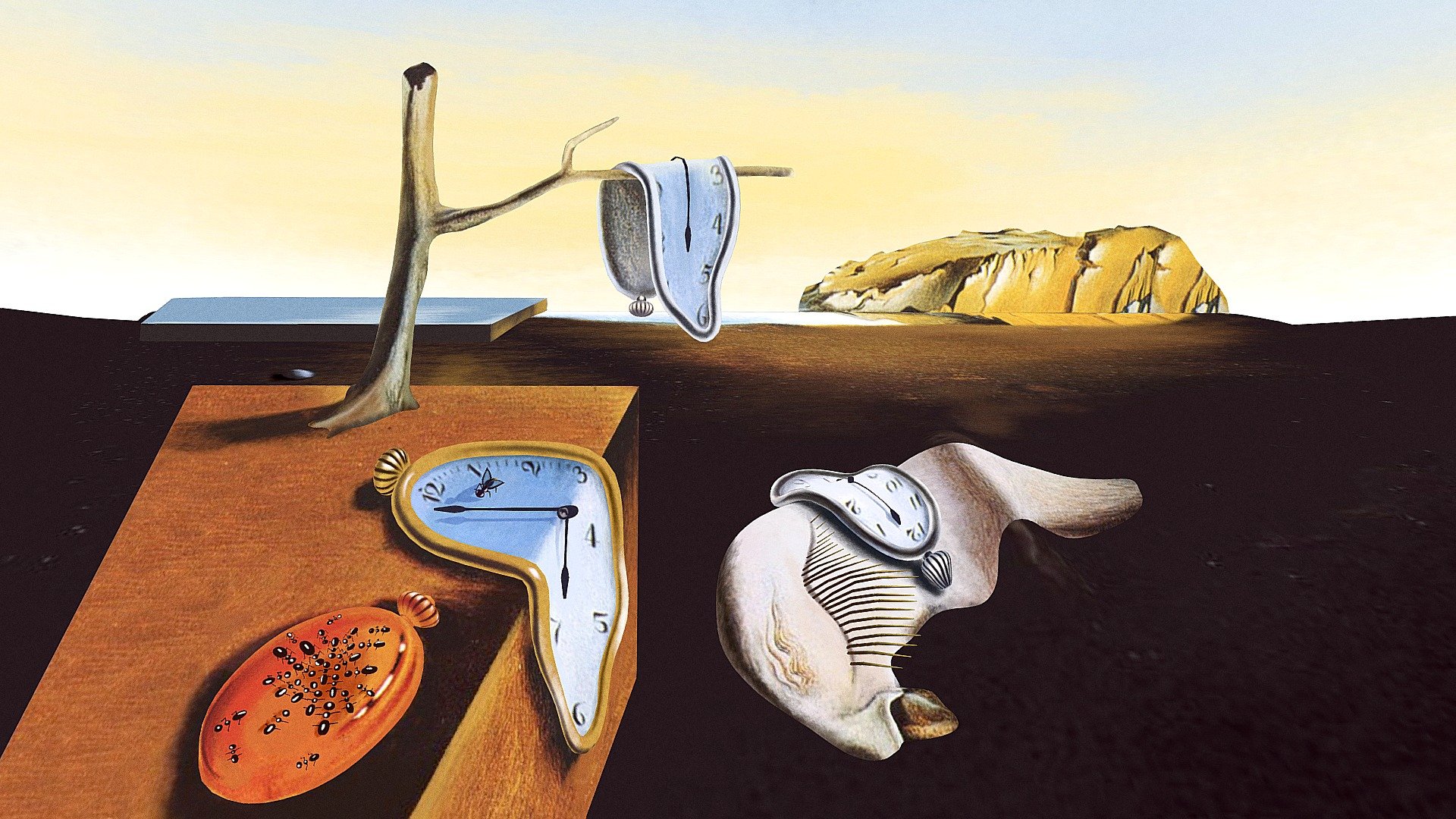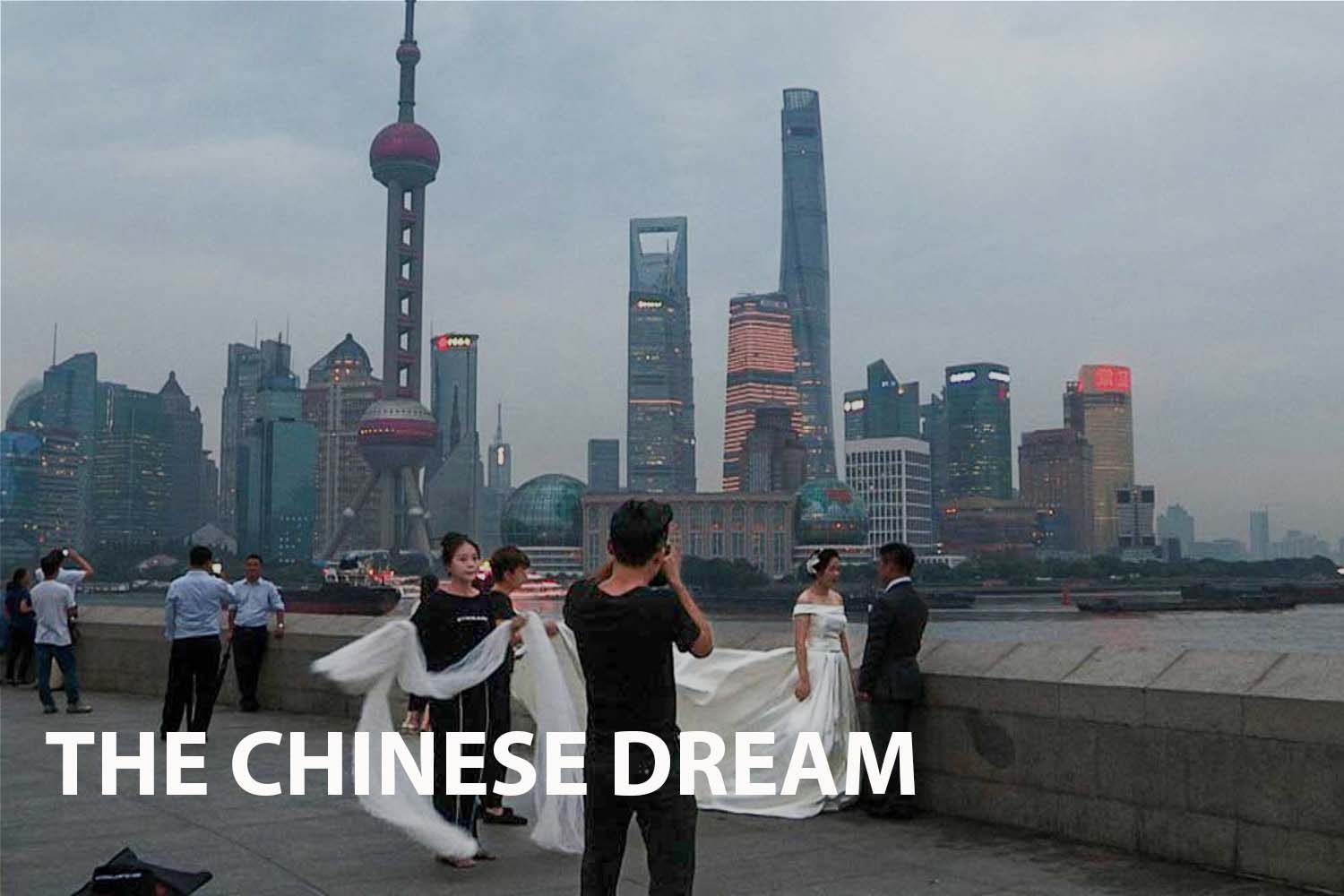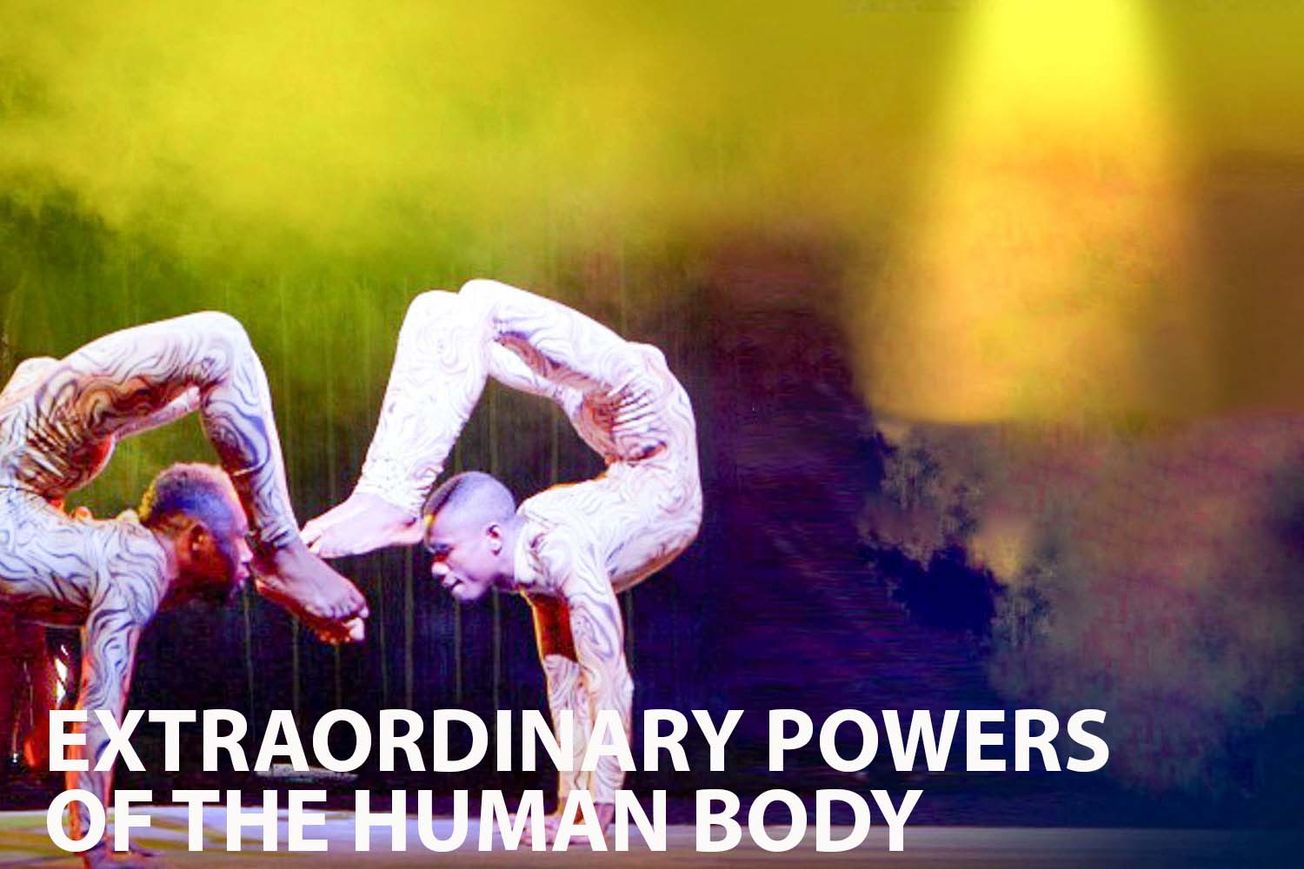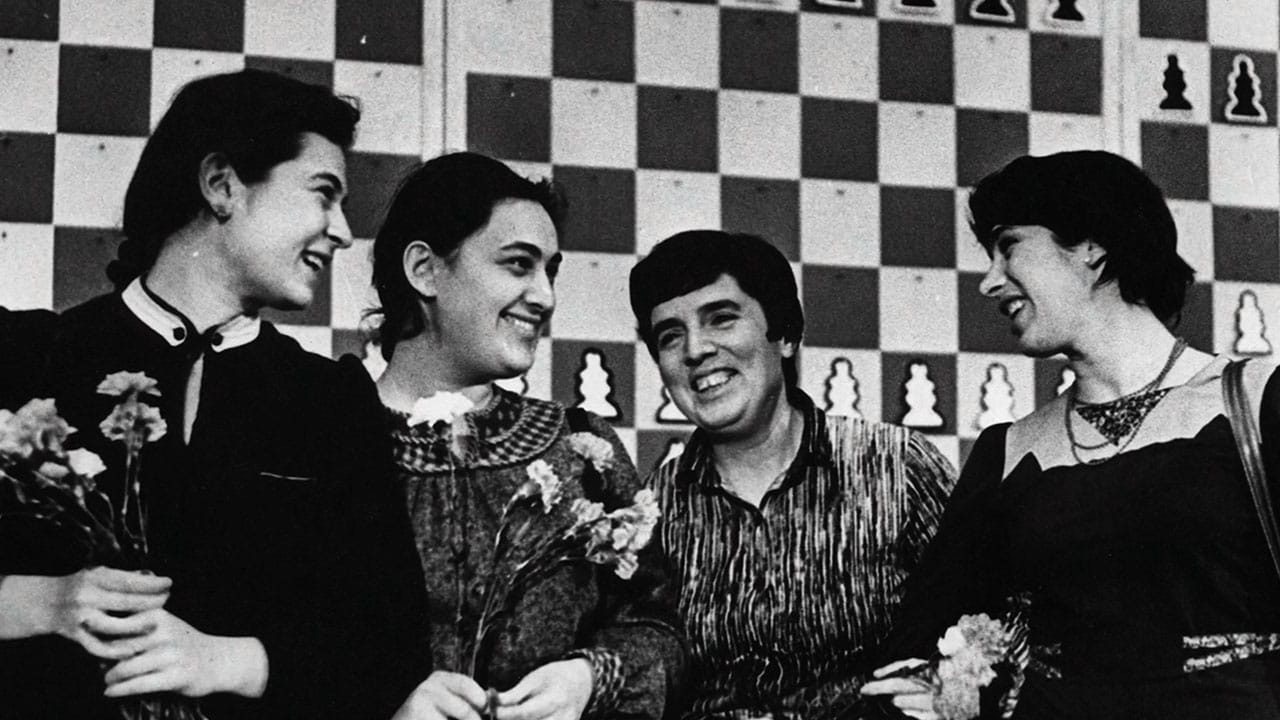Keywords: China, Middle class, Industrial shift, Real estate, Economic inequality, Wealth disparity. Three words: Intriguing, Informative, Eye-opening.
Introduction
"The Chinese Dream", directed by Hugo Berkeley and co-directed by Jigme Tenzing, was released in 2018. The documentary offers a revealing look at the dramatic transformation of China's middle class and how it has sparked a major industrial shift. The film explores how increased consumerism has triggered a real estate frenzy, further widening the wealth gap in the country.
Synopsis
The documentary follows China's fast-growing middle class, providing insights into their changing lifestyle, buying habits, and the resulting implications on the country's industrial landscape. With a focus on the real estate sector, the film presents an in-depth examination of the soaring property prices, their impact on the economy, and the growing divide between the rich and poor.
More Film Analysis
Analysis
"The Chinese Dream" adopts a comprehensive and investigative approach. The film displays a remarkable depth of research into China's socio-economic dynamics, combining narrative storytelling with in-depth interviews and factual data. It explores the subject matter thoroughly, providing viewers with a clear understanding of the country's economic transition and its implications on the class divide.
Historical and Factual Context
To fully grasp the subject matter, it is important to understand China's economic reforms that began in the late 1970s. These changes allowed for rapid industrialization and urbanization, leading to the rise of a new middle class. The film provides this background, enhancing viewers' understanding of the current situation.
Key themes in the film
- The rise of China's middle class
- The effects of consumerism on industry
- Wealth disparity and economic inequality
- The real estate boom and its implications
Film Comparisons
"The Chinese Dream" can be compared to documentaries such as "China's Real Estate Bubble" and "China Hustle". However, this film differs by focusing not just on the economic aspects, but also on the societal implications of China's industrial shift.
Noteworthy Moments
A significant revelation in the documentary is the extent to which the real estate frenzy has widened the wealth gap, hinting at potential social unrest.
Reviews
Critics praised "The Chinese Dream" for its insightful exploration of China's economic transition. As one reviewer noted, "This documentary offers a fascinating look at the socio-economic changes in China, providing a clear narrative about the rise of the middle class and the widening wealth gap."
Conclusion
"The Chinese Dream" is a must-watch for anyone interested in understanding the complexities of China's economic transformation and its societal impacts. It provides a nuanced perspective on the country's growing wealth disparity, making it relevant for economists, sociologists, and general viewers alike.
More film information:
FILM SUMMARY
- IMDB score: 7.2/10
- Rotten Tomatoes score: 86%
- Metacritic score: 78%
- Film festival awards: N/A
PERSONALITIES
- Director: Hugo Berkeley
- Co-Director: Jigme Tenzing
LOCATIONS
- China
- Beijing
- Shanghai
Key Questions Raised by the Film:
- How is the rise of China's middle class shaping the country's industrial landscape?
- What are the societal implications of the real estate frenzy?
- How is the wealth disparity in China affecting its social fabric?
Links for Further Exploration:
I wonder what the film would be in another art form



- If this film was a famous book, it would be "Capital in the Twenty-First Century" by Thomas Piketty because of its exploration of wealth inequality.
- If this film was a famous song, it would be "Money" by Pink Floyd, symbolizing the obsession with wealth.
- If this film was a famous piece of art, it would be "The Persistence of Memory" by Salvador Dali, representing the constant change and fluidity of time and economies.
- If this film was a famous celebrity, it would be Jack Ma, representing the rise of a new class in China.
- If this film was a color, it would be gold, symbolizing wealth and luxury.
- If this film was a music style, it would be classical, representing complexity and depth.








